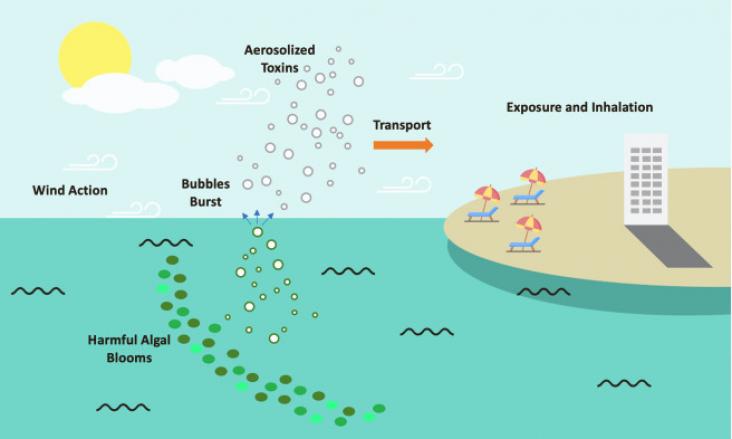This Article supports SDGs 3 and 13 by identifying gaps in air pollution monitoring and regulation and by proposing potential mitigation policies.

This Article supports SDGs 3 and 13 by identifying knowledge gaps in the relationship between harmul algal bloom aerosols and human health.

This article describes the effects of climate and environmental change on viticulture in heroic & steep slope settings
In addressing the SDGs in general, the authors pose the question, “What is the potential role of SDGs as an accountability mechanism?”. A case study approach using interviews is taken to examine how certain organisations may use the SDGs as an accountability mechanism, and whether or not meaningful accountability is actually being achieved. It is concluded that the full opportunities offered by the SDGs are not yet in full use.
Heavy duty freight transportation is a key part of global transportation, but is a large contributor to growing CO2 emissions. Here the authors design an on-board system for heavy duty vehicles to capture CO2 as it is released. This supports SDGs 7 (reducing CO2 emissions toward clean energy), 9 (modifications to existing vehicles to mitigate carbon emissions) and 13 (reducing emissions that contribute to climate change).
This article advances SDG # 3, 13, and 15 by demonstrating a clear increase in heat-related illness incidence that parallels the temperature elevations from climate change.
This article advances SDG # 3, 8, 10, 13 and 16. The study from authors in Ghana detail the effects of climate change on workers’ health and productivity, especially those in lower income jobs and without policy or regulatory protections. It demonstrates that climate change affects both health and ability to work, with potentially serious humanitarian and economic consequences.
Despite increasing attention to the mental health impacts of climate change, an absence of a clear, cross-sectoral agenda for action has held back progress against the dual and interconnected challenges of supporting human and planetary health. This study aims to serve as an essential first step to address this gap.
Anthropogenic CO2 emissions must soon approach net zero to stabilize the global mean temperature.
